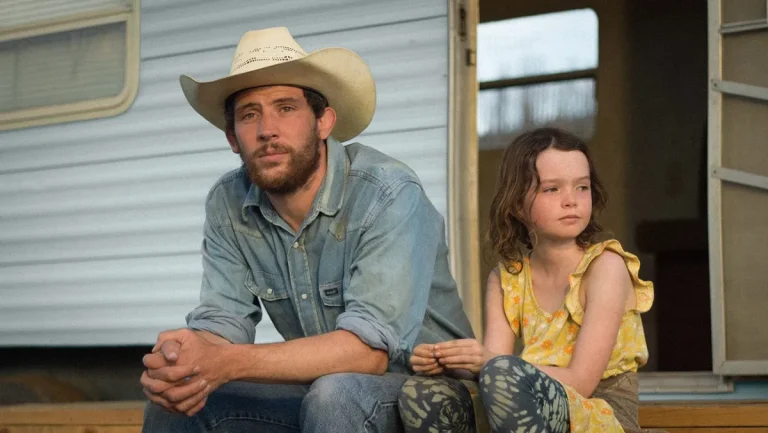There’s a point in Iranian filmmakers Raha Amirfazl & Alireza Ghasemi’s debut film ‘In the Land of Brothers’ where a grieving widow and the family that has hired her can be seen separated by concrete walls. Her grief is as important as their celebration, maybe more so; but she is unable to express that her husband, who is also employed by the family, is dead. The concrete doesn’t just separate her from them but also doesn’t allow her to express basic human feelings from the fear of being caught. She is an Afghan refugee who can’t risk letting them know about the sudden demise and continue working because allowing the police to intervene would mean that she and her young offspring would be deported back to a land that is ravaged by war.
Broken into three chapters and charting the otherness of three extended members of an Afghan family through three decades, the film is about the frustration of not feeling at home in a place that you so dearly want to be yours. The first part follows Mohammad (Mohammad Hosseini), an intelligent young kid forced to work for a group of policemen, one of whom plans to exploit his innocence. The hardworking boy just wishes to go by his education and help Leila (Hamideh Jafari) – who is also the protagonist of the second segment help learn English. The act moves us through moments of subtle beauty and harshes all at once. The chilling winter and the situation that Mohammad finds himself in show us the frustration of being a refugee. The exploitative nature of the whole ordeal and his inability to do anything about it is really hard to watch.
The second segment moves ten years ahead in time and is more charged up than the first. Here, Leila, who is now married and working for a rich Iranian household, is preparing for the New Year celebration. However, just before the guest could arrive, she discovers that her ailing husband – who has not been going to the doctors for fear of being caught – is dead. So, in spite of being full of sorrow, she has to carry on with her work and the work of her husband so that her employees don’t get to know that she has lost him. The repression that is shown in this segment becomes more personal and forces the viewers to consider the idea of where our empathy lies and why we have lost it. This section really shatters you as a viewer, thanks to Hamideh Jafari’s understated performance.
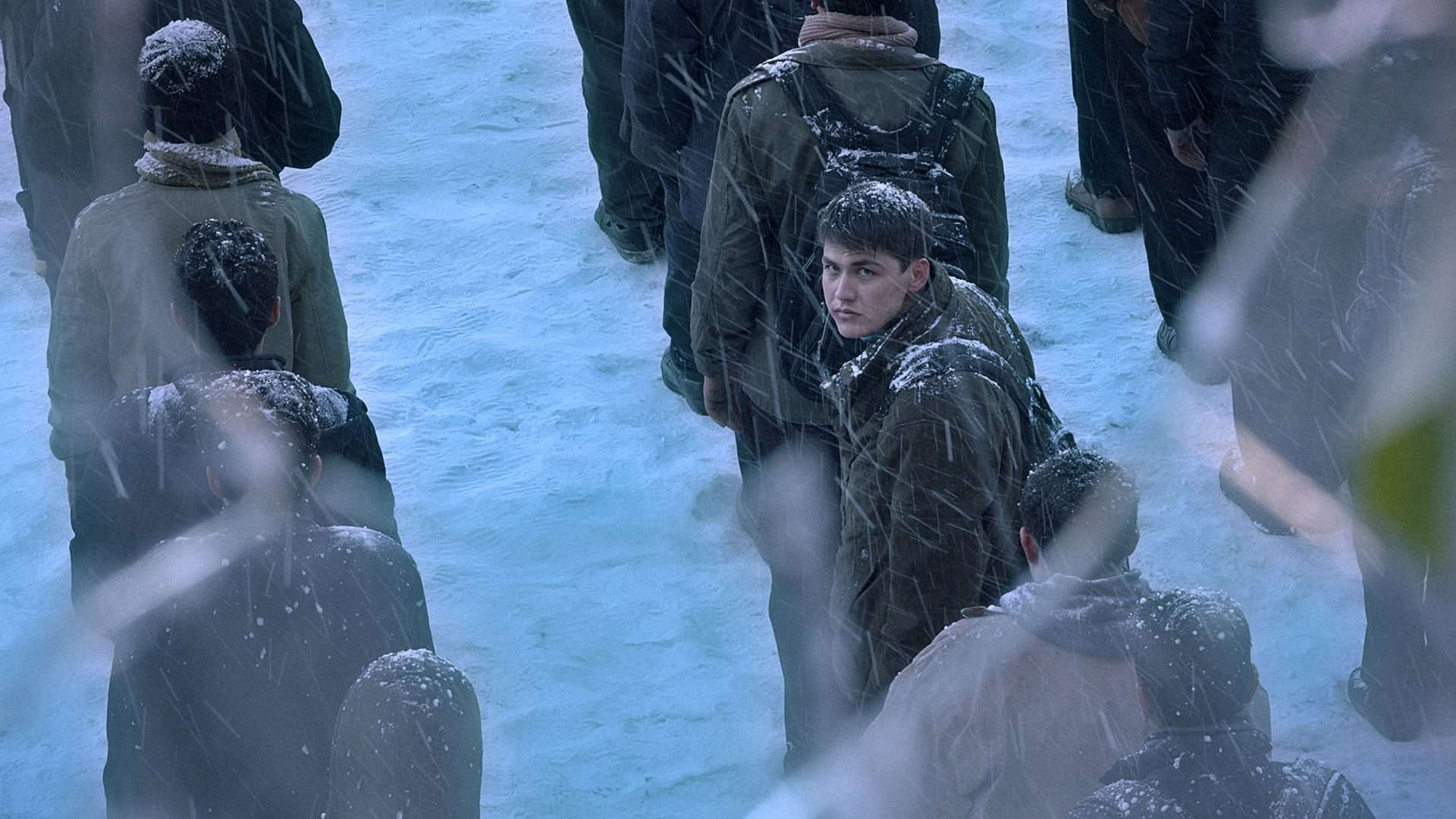
The story then moves ten years ahead and is mostly about Leila’s brother Qasem (Iranian actor Bashir Nikzad), who finally seems to have some sense of a life with his deaf wife and two children. However, when he receives the news that his son – who they assumed to have gone to Turkey but was actually a part of the radical groups in Syria, is dead, he is left with another desperate situation of unloading that truth to his wife, especially when that truth is also punctuated with the news that they can finally call themselves the citizens of this country.
Directors Raha Amirfazli & Alireza Ghasemi have made a bold debut film with In the Land of Brothers. The duo had to flee from Iran in order to escape exile from the government that has raised its axe towards filmmakers telling a true story. With the central narrative hinging on the secrets that this extended Afghan family is forced to keep, the filmmakers mash the personal and the political to tell a very human story about the nature of surviving as refugees. The gentle, more intimate moments in the story, like the one that Leila and Mohammed share or the one shared by Leila and her employee, make us wish the world was full of empathy and that repression wasn’t at the center of everything.
Much like any film that describes the plight of being othered by an authoritarian government – be it on the basis of caste, religion, or the color of your skin, In the Land of Brothers is a plea to everyone who doesn’t understand that borders are basically lines drawn on the ground and if these imaginary constructs did not exist, we’d all be brothers, sisters and lovers to each other.



![Darlings [2022] Review – A dark comedy about a woman finding her own agency](https://79468c92.delivery.rocketcdn.me/wp-content/uploads/2022/08/Darlings-2022-Movie-Review-1-768x432.webp)
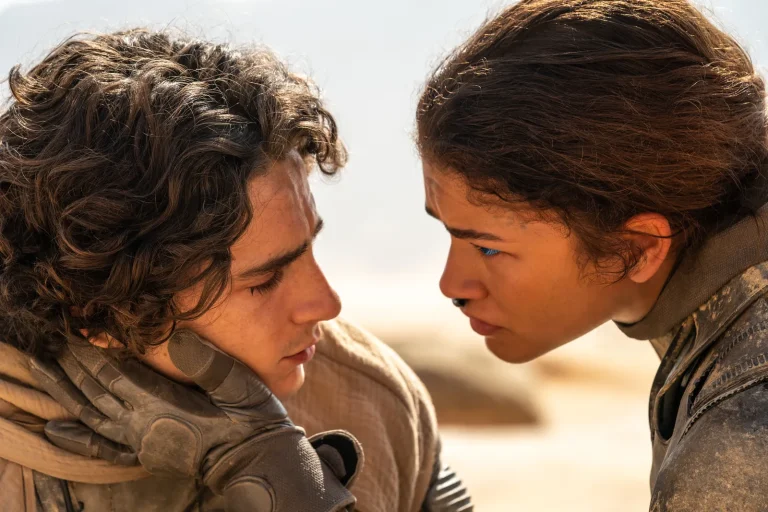
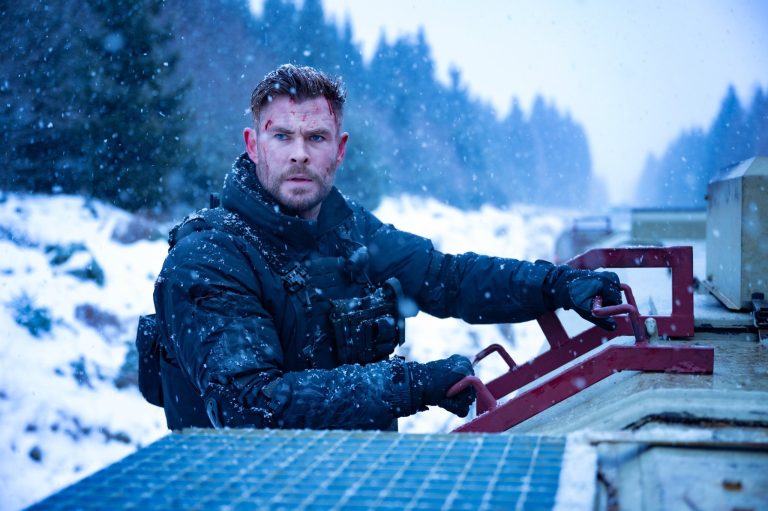
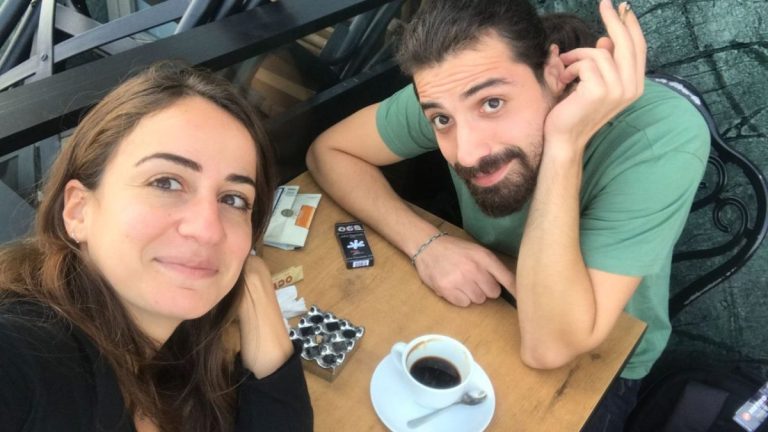
![Peacemaker [2022] ‘HBO Max’ Review: Gunn Ensures That Names Like Peacemaker, Harcourt, and Vigilante Will Get a Cult Following](https://79468c92.delivery.rocketcdn.me/wp-content/uploads/2022/02/Peacemaker-2022-768x513.jpg)
